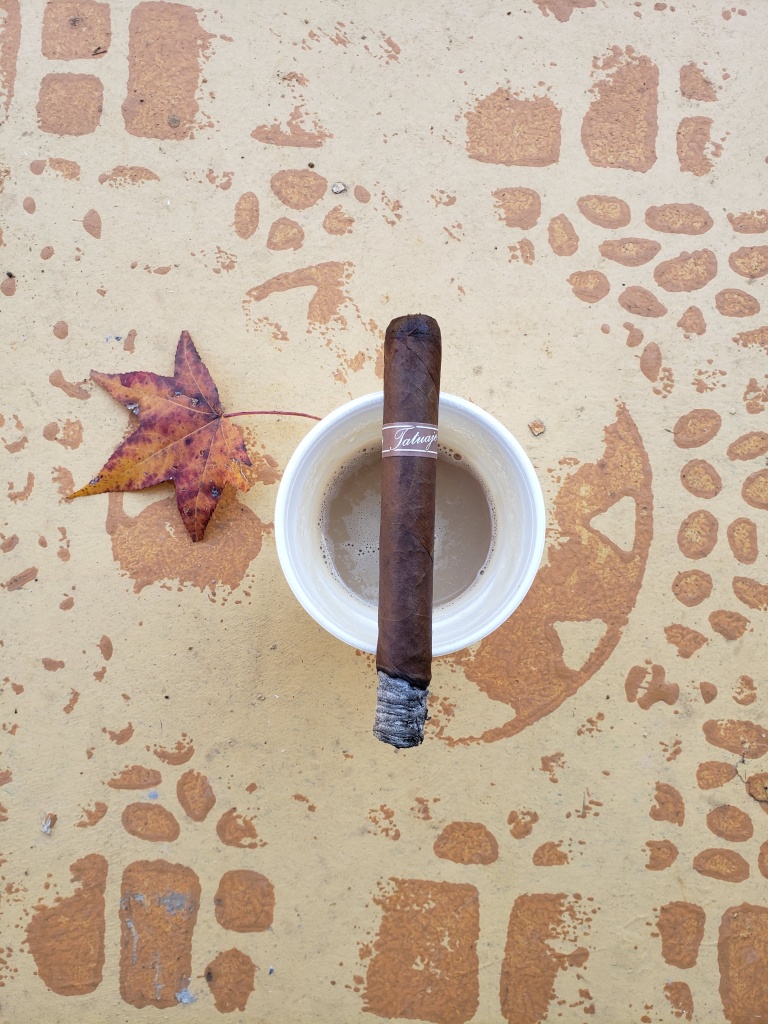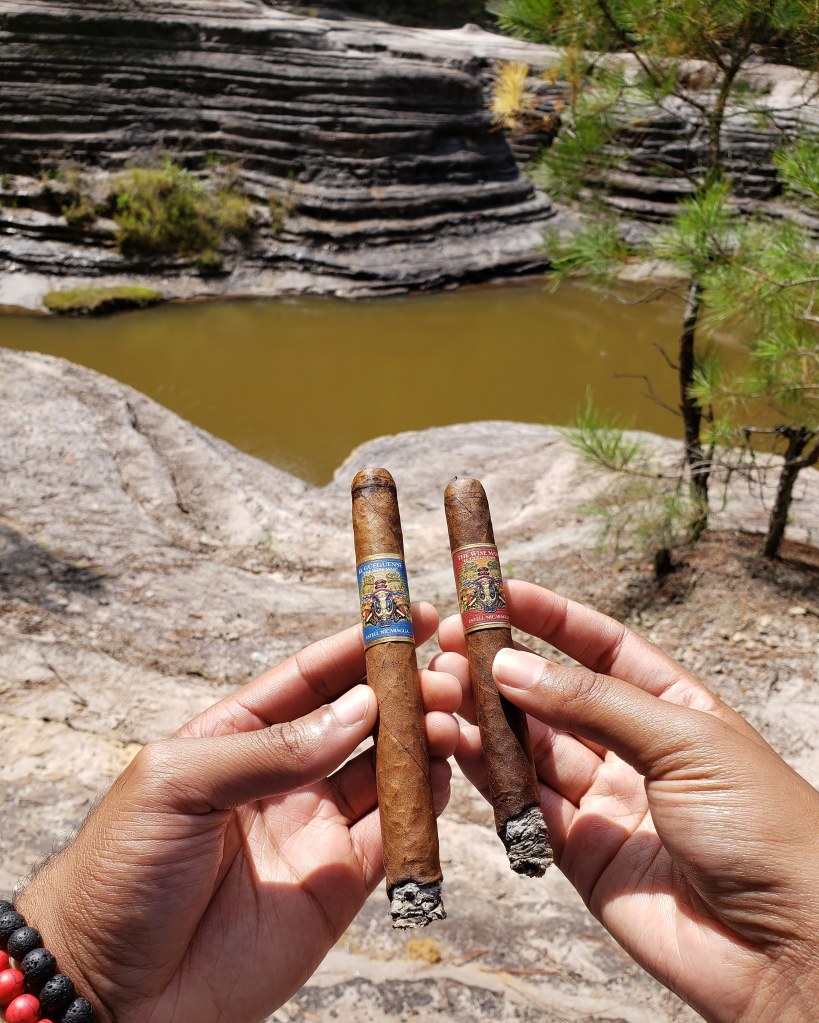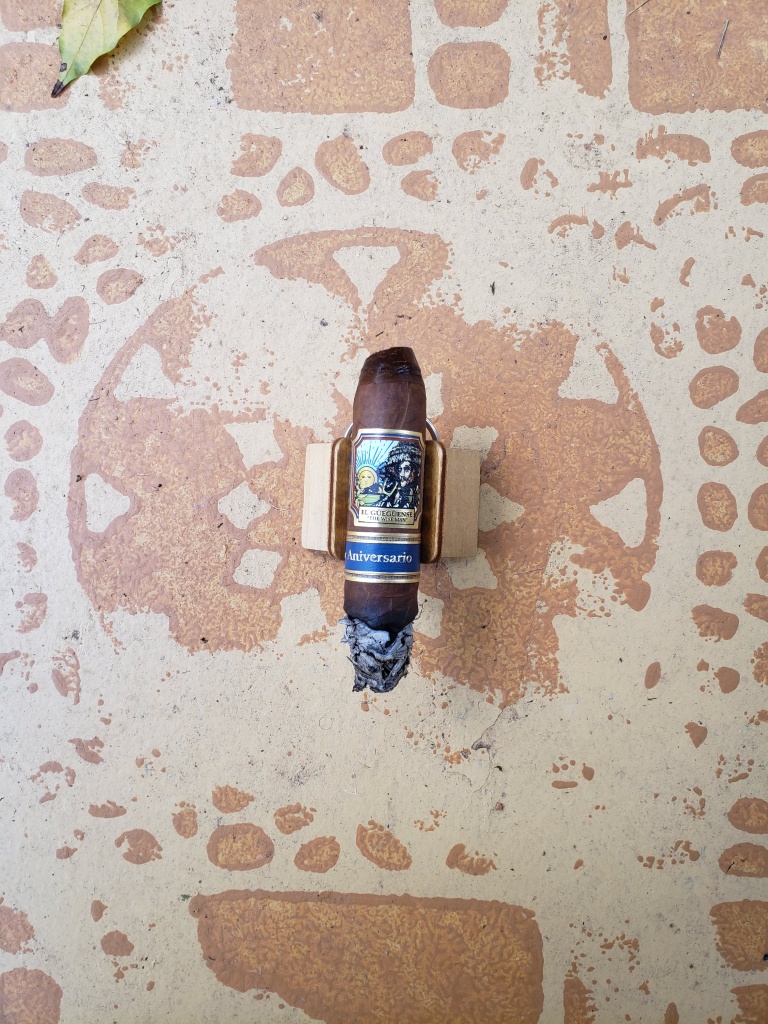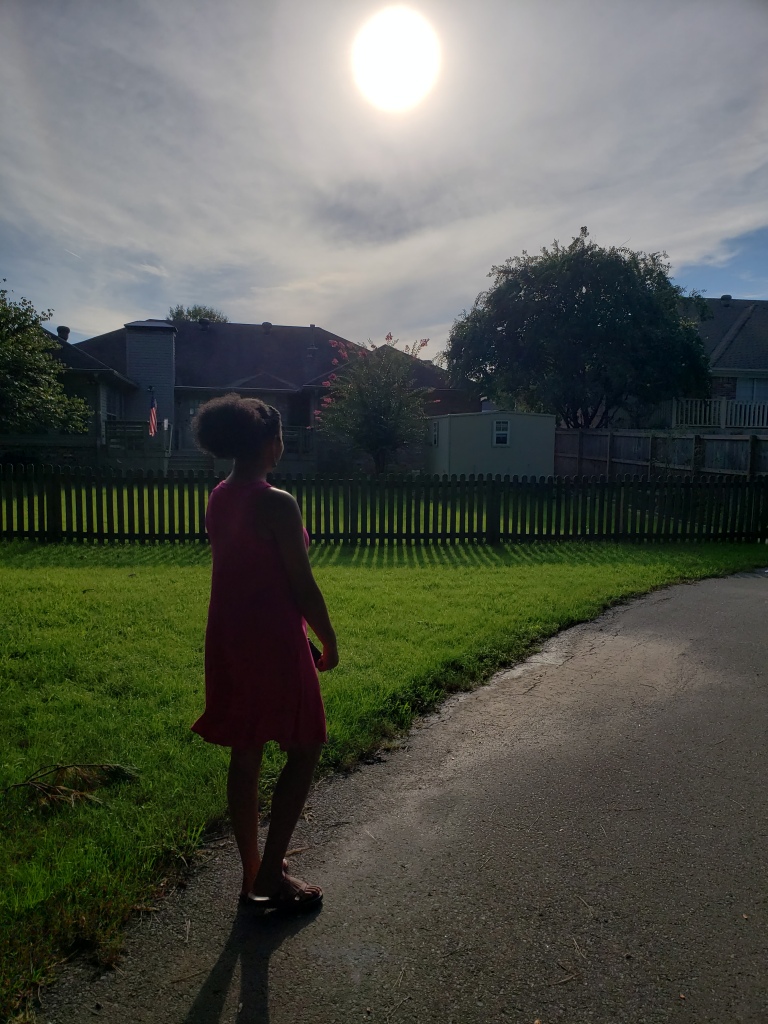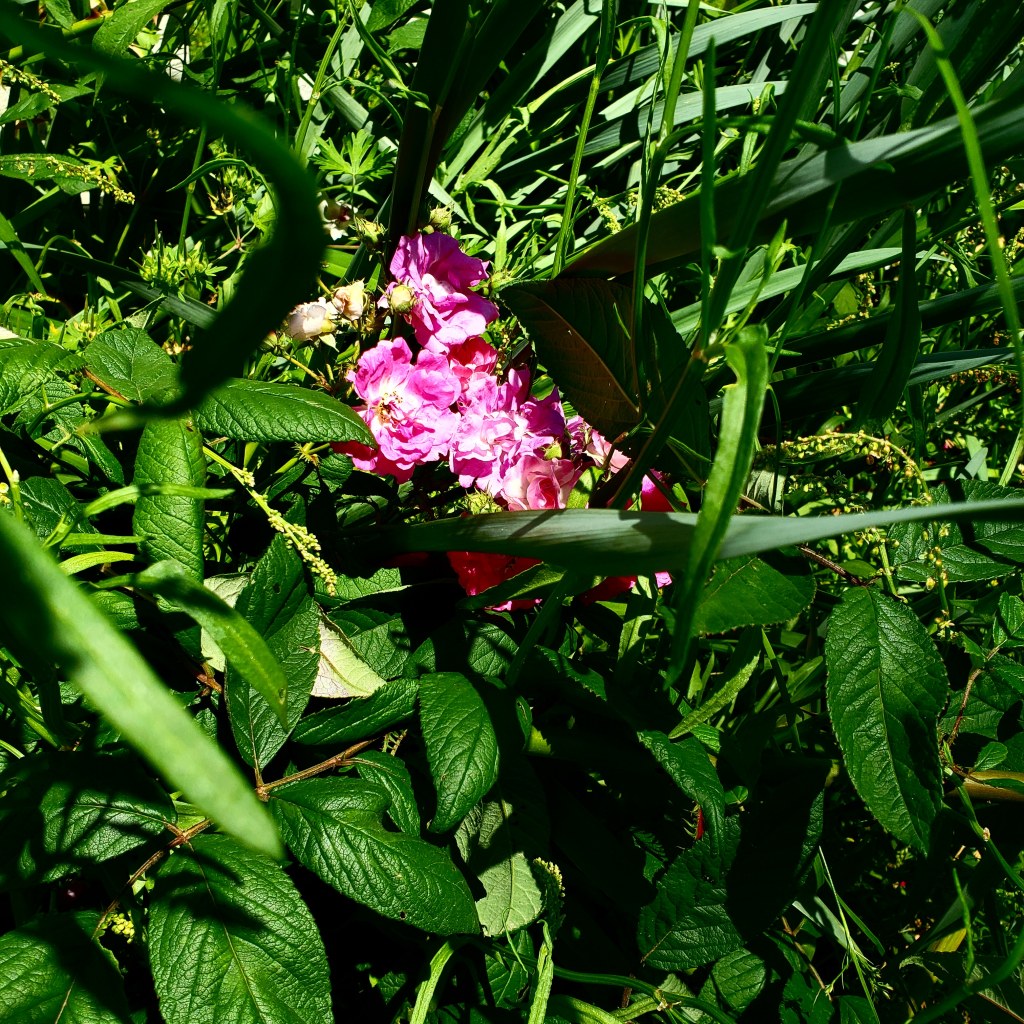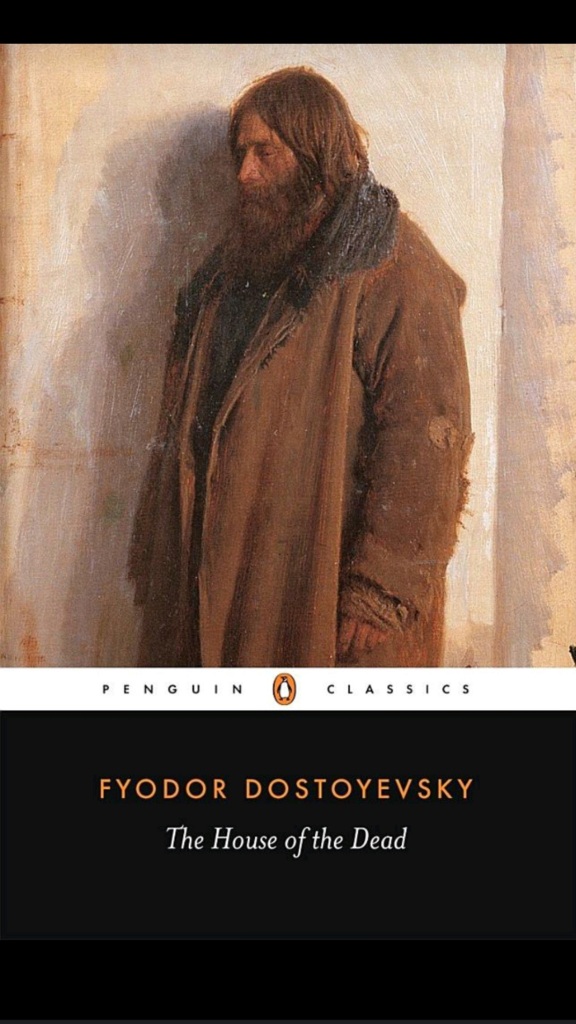
As I’m sure is well-known at this point, in 2020 I took a dive into Russian literature. Starting with Dostoevsky, I ended up getting some recommendations from a few friends and ended up falling into some grade A literature. After consuming four works of varying degrees of autobiographical slant, I came across a few common threads. First, from the perspective of someone who has a very surface level knowledge of Russia, the area has a high level of diversity. For one, all four take place outside of what I call in my mind “Russia proper.” The Cossacks takes place in the Caucasus during the Russian conquest of that region. Notes from a Dead House and Kolyma Tales are set in Siberia in prison camps, while the events of The Cancer Ward occur in a hospital in Kazakhstan. Naturally there are Kazakh, Chechen, Uzbek, Ukrainian, Tatar, Cossack, Polish, Circassian, Armenian, and German characters in addition to others. The presence of these characters across works and time periods indicates their presence and importance in the everyday lives of Russia and Russians.
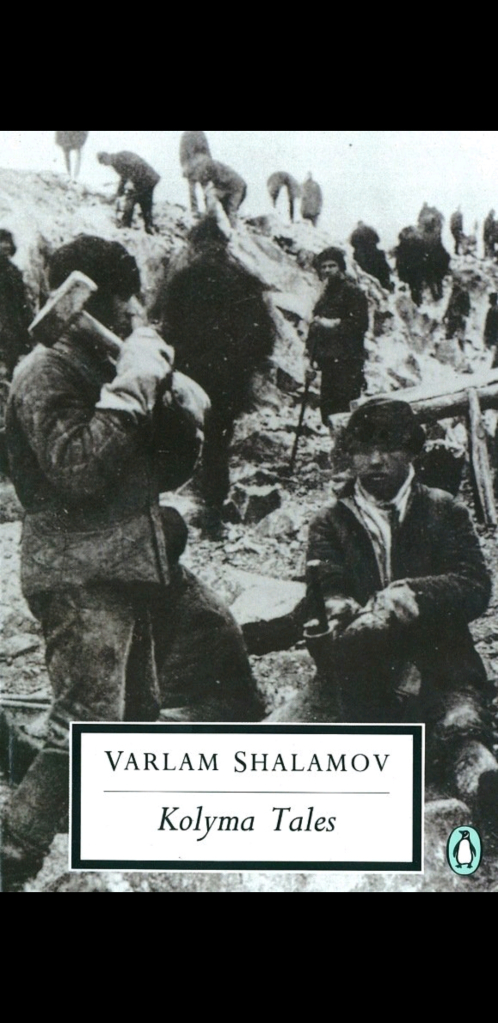
I spoke on this before, but there also exists a common sentiment of loneliness and melancholia among all of the main characters in each book. This melancholic mood is presented by physical and emotional separation among the characters. In The Cossacks Olenin leaves Moscow, after finding himself unsatisfied with his current life, for the Caucasus in order to live among the Cossacks and fight the Chechens. He longs to find happiness in his new life to no avail. In the other three works we find protagonists and supporting characters that have been forcibly removed from their former lives to prisons and exile. Their exile to prison camps contributes to their emotional suffering as they have no connection to the outside world or any loved ones. In The Cancer Ward we actually get the opportunity to see the aftereffects of prison life and subsequent exile. Not only was Kostoglotov emotionally damaged by his time in prison, but with the exile after his “liberation” he is disconnected from everything that was his life. He has no family, no hope of future happiness, no one who really cares about him. And it’s reflected in his inability to even attempt to find happiness even when it was possibly in his grasp.
One of the most surprising elements across all four works is the consistency of Russia. As someone with limited knowledge of Russia, I just always assumed that 1917 was a hard shift and everything changed then with the revolution. But to the contrary, it seems like nothing changed except the explanations of legitimacy for the government. Russians have lived under the same type of authoritarian pressure since the time of the Czars. Dostoevsky’s time in a Siberian labor camp for political subversion (killing his wife in Notes from a Dead House) eerily similar to the experiences described by Varlam Shalamov and even Kostoglotov is Solzhenitsyn’s The Cancer Ward. Kostoglotov was put in prison after serving in the Eastern Front of World War II because he thought too freely and refused to fully submit to the ideology of socialism after seeing its flaws first-hand. The state’s heavy hand is seen not only in the penal experiences, but also in medicine. Patients of the cancer ward in the Uzbekistan hospital had to abide by strict regulations and endured regular checks and searches. Dostoevsky even writes that “Searches were frequent, unexpected, and thorough…” The idea is clear, anything less than full submission to authority, whether that be the Czar or the Communist Party, would lead to your absolute ruin. And the characters shared a goal to free themselves of the pressures brought on by the governing authority.
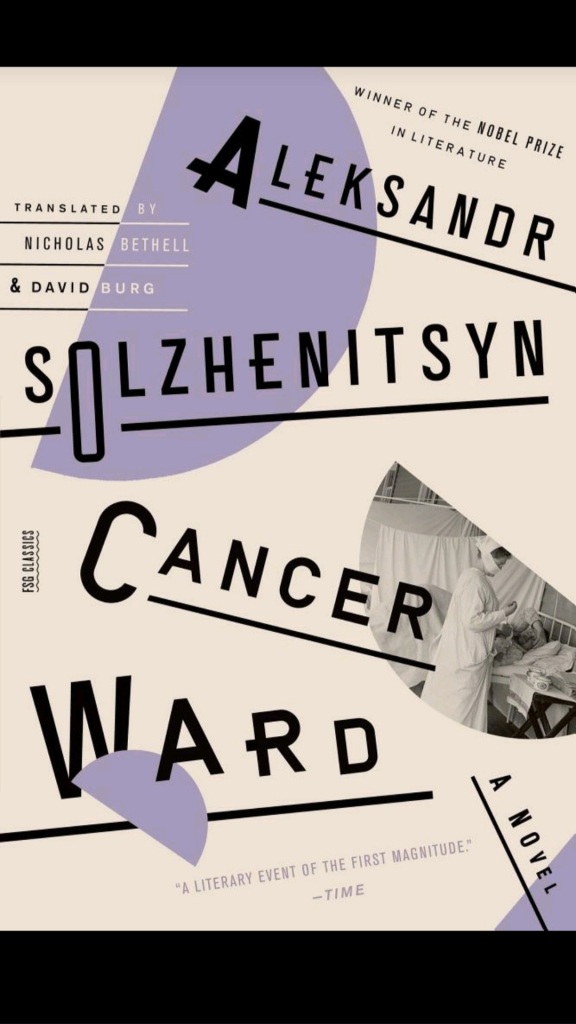
There is an obvious chasm between Tolstoy on one hand and Dostoevsky, Shalamov, and Solzhenitsyn on the other. The station of the authors influenced their writing styles and content. The latter three fictionalized their experiences for safety reasons. Dostoevsky and Shalamov even wrote in first person perspective in epsitolary. And although The Cancer Ward puts the reader in the shoes of several characters from the patients to the doctors and nurses, there is still a very ground-level, first person perspective about the prose. Dostoevsky’s prose even mimicks someone slightly unhinged, unnaturally tense with a sort of tick. There’s the feel of reading the comman man’s experience in these authors’ prose.
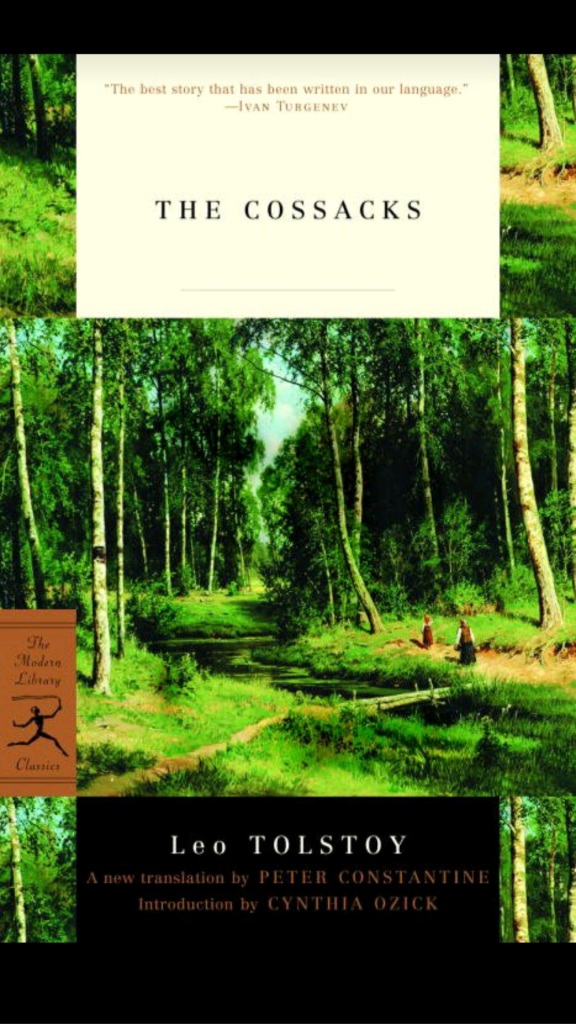
Tolstoy, on the other hand, writes in a broad, third person omniscient style. You never quite feel like you’re looking through Olenin’s eyes, nor Lukashka’s or any of the others’. It feels as if this is a reflection of his higher station in life relative to the other authors. This is also reflected in the fact that Olenin is the only character to voluntarily remove himself from his life, and he makes that decision in an effort to find happiness. So even though he ends up on a similar journey to the others, it’s not a one-to-one comparison. But through this, we see that people have similar experiences across class, location, and motive differences.
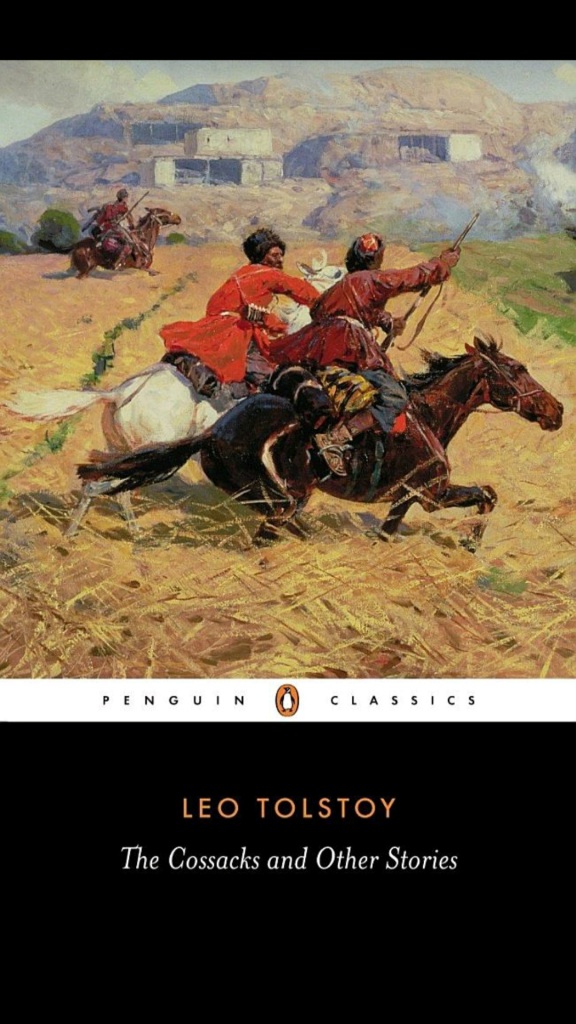
Russian literature offers a lot. Not only is it pleasurable for logofiles, but it allows a peek into the psyche and lifestyles of people in that region. As an American, we’re given a certain stereotype of Russians and the people associated with them (Chechens, Uzbeks, Kazakhs, Cossacks, Ukrainians, etc.) and never peel back that layer to explore the reality. These authors, and others that I have yet to read offer the opportunity to do just that. We get the full human experience through the authors and its beautiful. It even teaches us about ourselves. There are similarities among Russia and America, the most obvious being our experience of expansion — westward for us and eastward for them — and the cosmopolitan lifestyles that encouraged. I finished my year with three Russian novels and Kolyma Tales and The Cancer Ward are among the best books I read all year. Happy to share my thoughts on these reads and Happy New Year!

